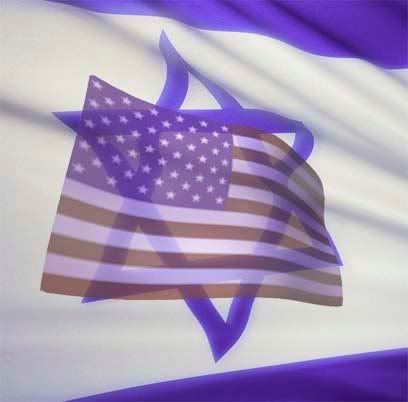The Abuse of Holocaust Memory: Distortions and Responses
by Manfred Gerstenfeld
In an increasingly uncertain world, the Holocaust is likely to continue to play an important role as the metaphor of absolute evil. This is all the more so as threats of genocide again appear in public statements.
Fighting the main manipulations of the Holocaust requires first understanding the nature of the abuses.
This must be followed by exposing the manipulations of the perpetrators, who should then be turned into the accused.
Over the past several decades, awareness of the Holocaust in the Western world has increased greatly.
Many of its aspects are cited accurately.
The broad superficial familiarity with the subject, however, also makes it prone to a multitude of distortions.
Its history and terminology are abused for a variety of purposes, including using it as a tool against one’s enemies and, in particular, Jews and Israel.
Denial of the Holocaust is the best-known and most-studied distortion of its memory.
Other categories of abuse include Holocaust justification, deflection, whitewashing, de-Judaization, equivalence, inversion, and trivialization, as well as obliterating Holocaust memory.
Preserving Holocaust memory correctly requires documentation; education; the establishment of monuments, museums, and memorials, ceremonies and remembrance days; as well as commemorative projects. Legislation and art are other spheres that have made important contributions.
This book analyzes the categories of distortion and the responses to them. Also included are case studies that analyze Holocaust distortion in several European countries and the Muslim world.
Recommendations
Written with exemplary tenacity, research and courage, this volume’s urgency is proven by its resolve to unmask and denounce the nefarious ugliness of Holocaust abuse and denial.
Elie Wiesel
Manfred Gerstenfeld offers a much needed study of the myriad of
ways in which the memory of the genocide of the Jews during World War II is being manipulated and distorted in modern discourse. This volume demonstrates that words do matter, and especially language and symbolism surrounding the Holocaust, today’s embodiment of supreme evil.
Michael J. Bazyler, professor of law and the “1939” Club Law Scholar in Holocaust and Human Rights Studies, Chapman University School of Law, California.
This important, timely, and well-written book draws our attention to one of the most pernicious aspects of the contemporary debates surrounding the Shoah: the unrelenting attempts to lessen, distort, deny, or relativize the meaning of this greatest tragedy in human history.Gerstenfeld’s book is a powerful reminder that the struggle for historical truth is an ongoing and uphill battle.
Jan Grabowski, professor of history, University of Ottawa
Recent years have shown that Holocaust memory and commemoration are now often being manipulated and abused in ways that are anti-Semitic or close to it.
In this important and sometimes distressing book, Dr. Gerstenfeld and other contributors offer analytical tools to discern and understand this phenomenon and suggest ways to counter it.
Prof. Dan Michman, chief historian, Yad Vashem; chair, Finkler Institute of Holocaust Research, Bar-Ilan University
With the new understanding of the Shoah as a unique break in civilization, its use as an instrument in the battle about memory has intensified. Manfred Gerstenfeld analyzes these new types of manipulations and at the same time gives insight into reactions to the universalization of Holocaust memory.
Dr. Heidemarie Uhl, Austrian Academy of Sciences
Manfred Gerstenfeld analyzes these new types of manipulations and at the same time gives insight into reactions to the universalization of Holocaust memory.

Leave a comment